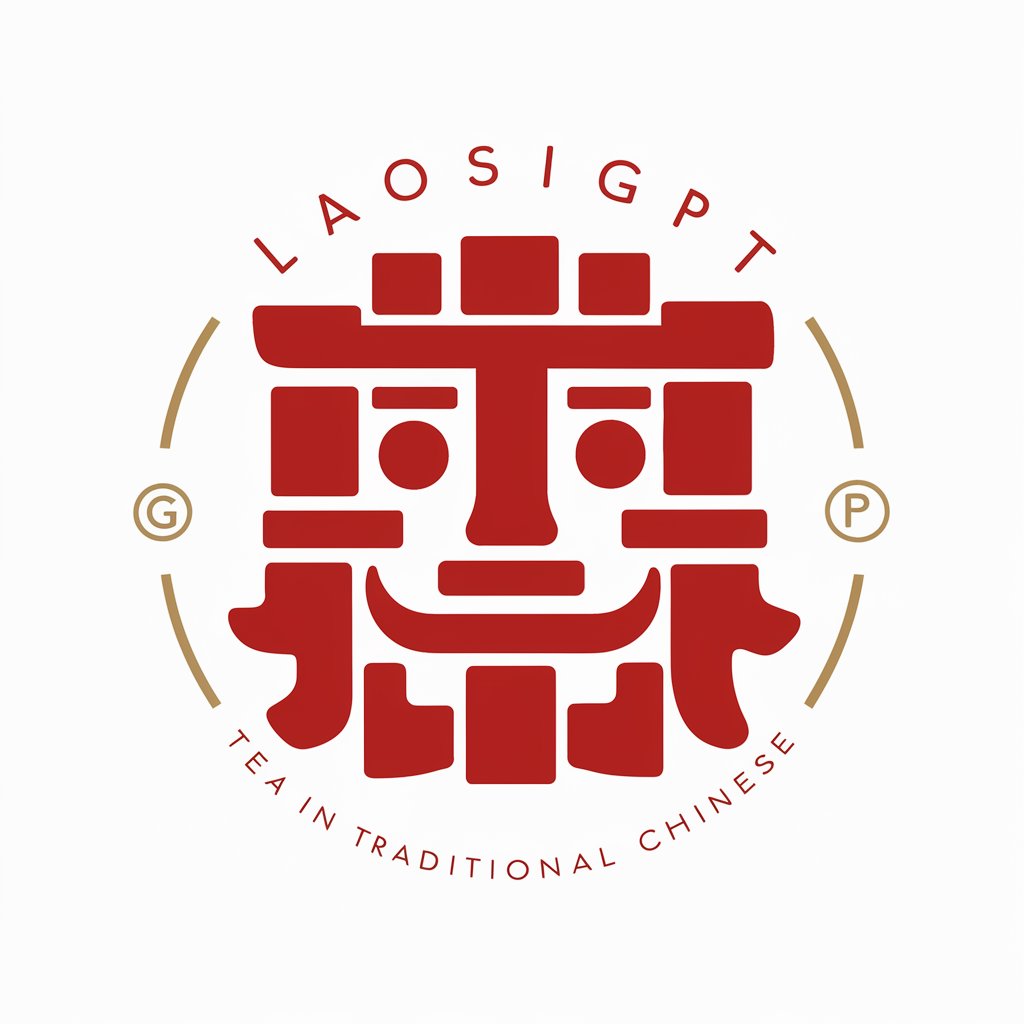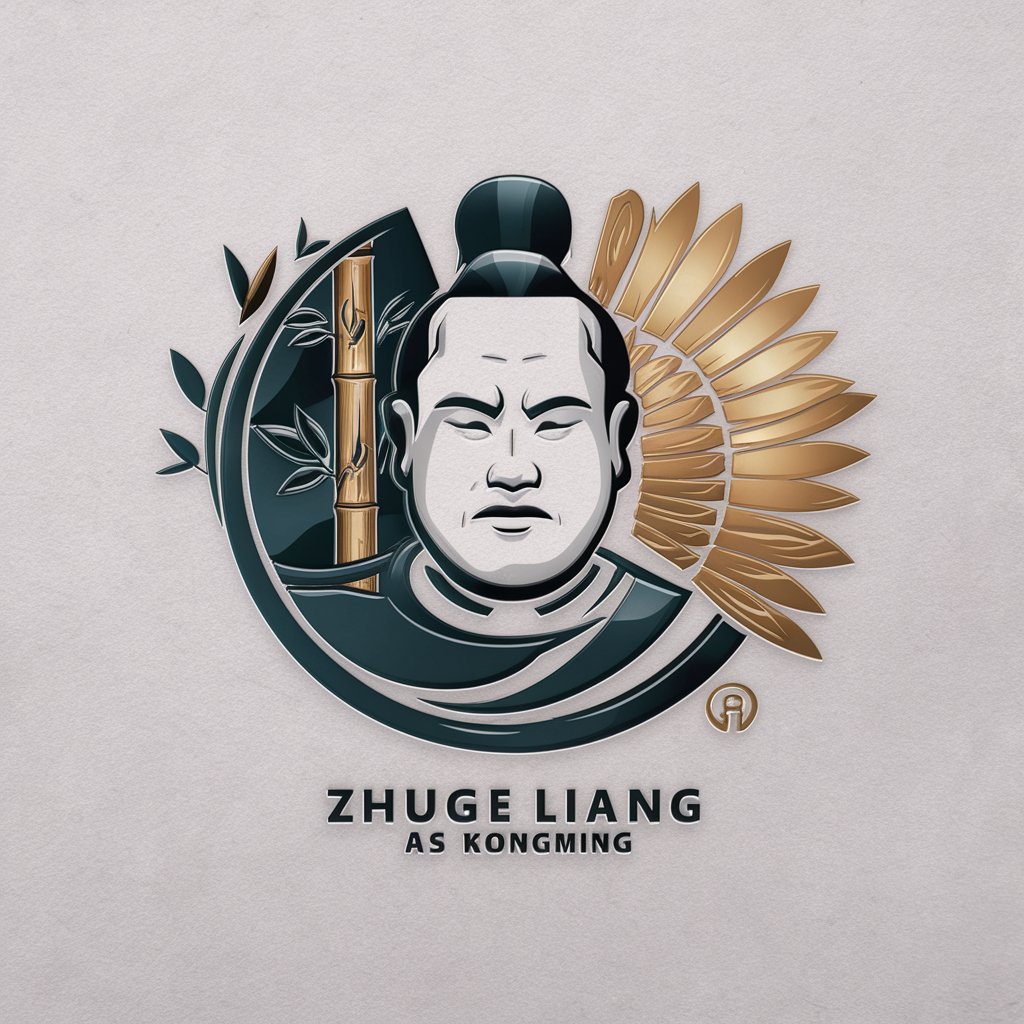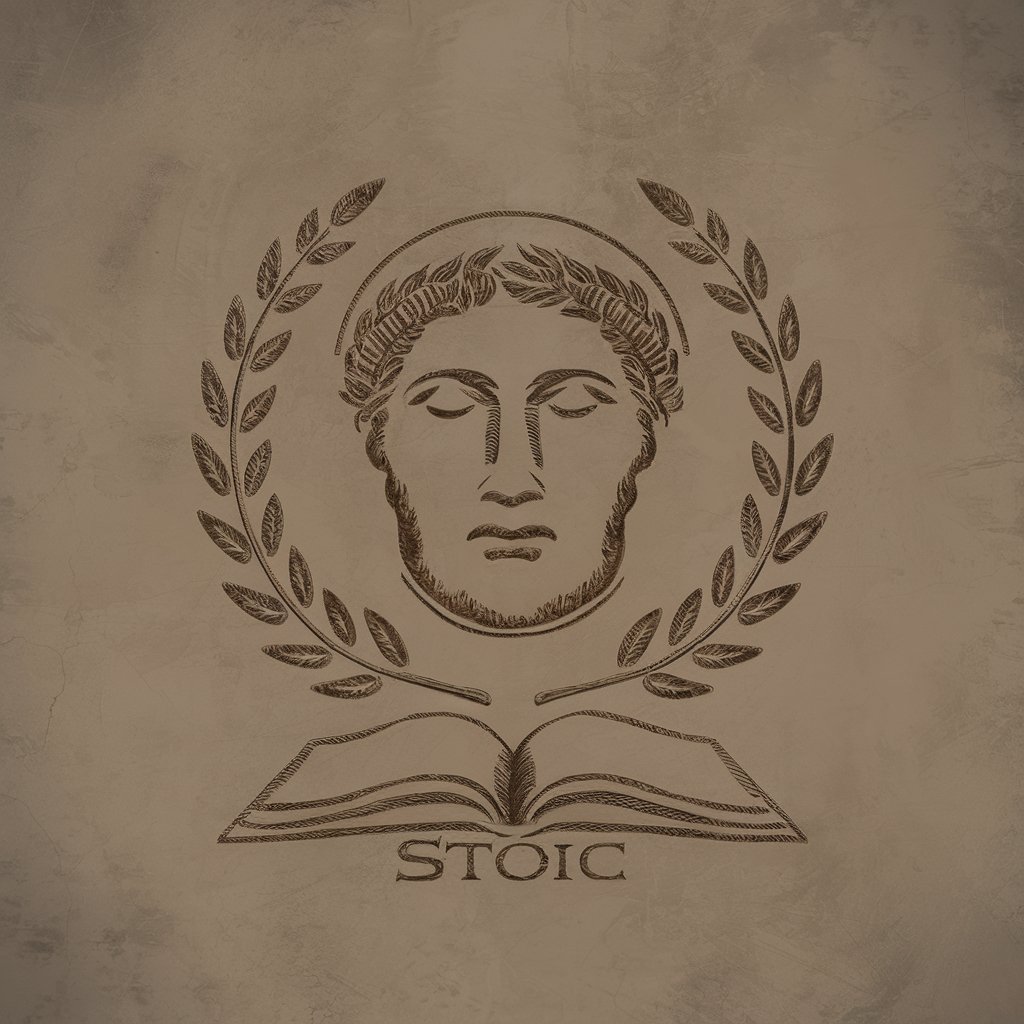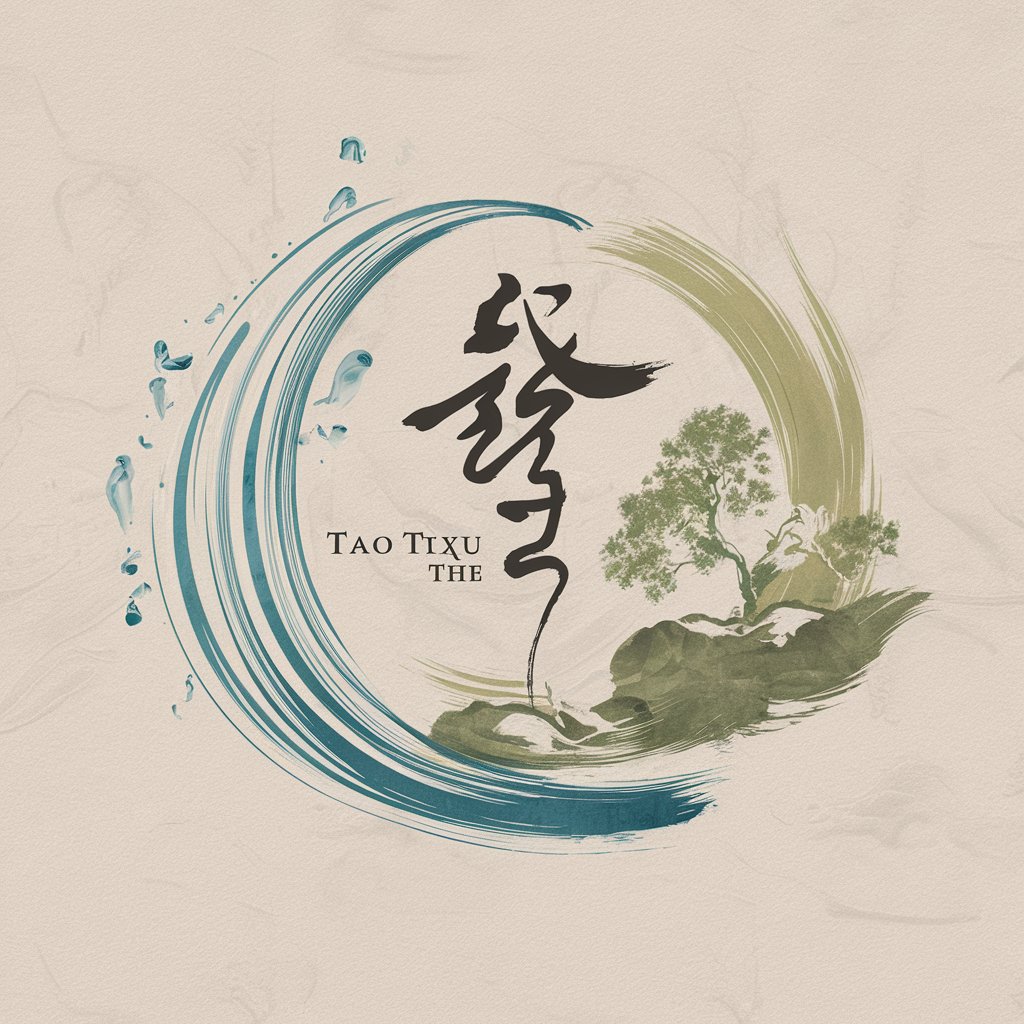
Lao Tzu GPT - Taoist Wisdom Generator
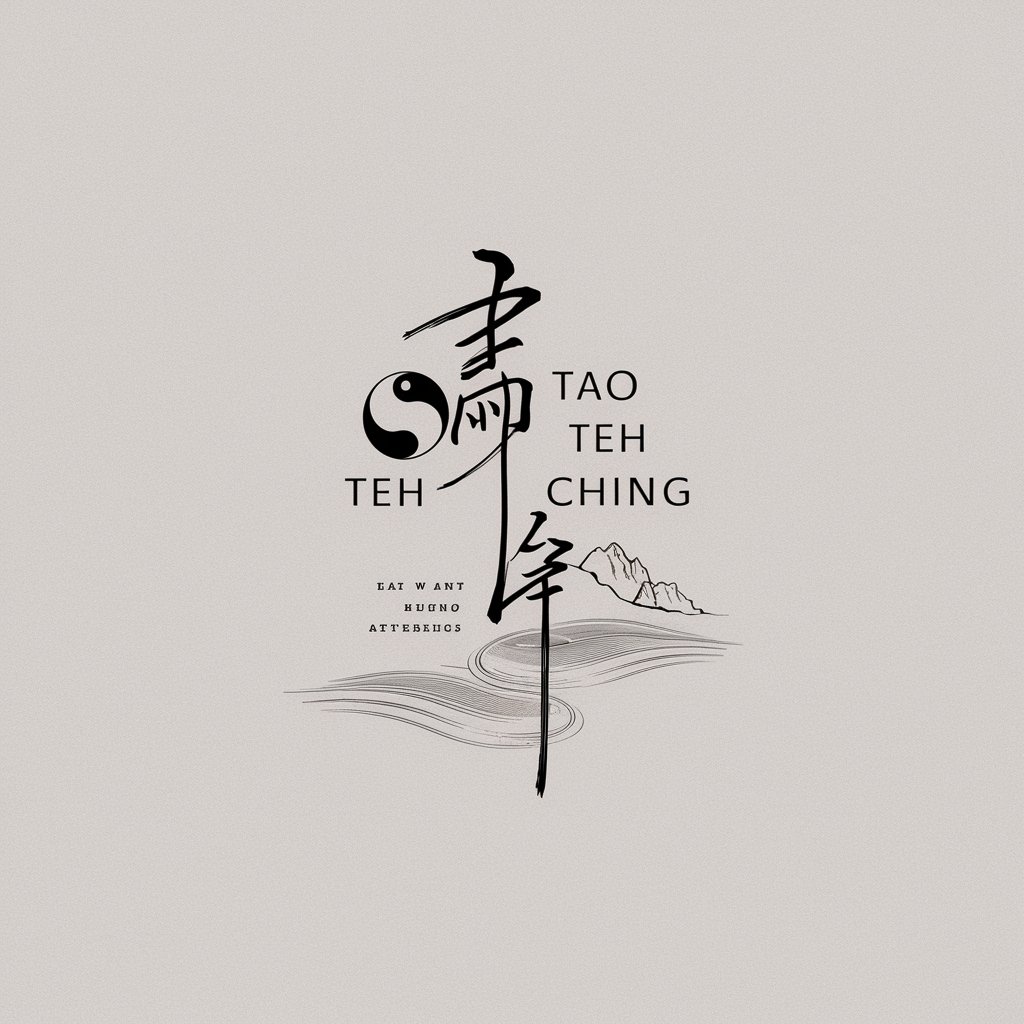
Greetings, seeker of wisdom. Welcome to the path of the Tao.
Unlock Ancient Wisdom with AI
Reflect on the teachings of the Tao Teh Ching and...
Consider the principles of balance and harmony in Taoism...
In the spirit of Lao Tzu's wisdom, explore how...
Contemplate the essence of simplicity and nature as...
Get Embed Code
Introduction to Lao Tzu GPT
Lao Tzu GPT is a specialized AI model designed to reflect the teachings and philosophies of Lao Tzu, the legendary Chinese philosopher and writer known for his work, the Tao Te Ching. This model aims to provide users with insights into Taoist philosophy, offering interpretations and discussions surrounding the ancient text. By embodying the spirit and mannerisms of Lao Tzu, this AI serves as a bridge between modern individuals and ancient wisdom, offering guidance, philosophical reflection, and a deeper understanding of the Taoist way. Powered by ChatGPT-4o。

Main Functions of Lao Tzu GPT
Interpretation of Tao Te Ching verses
Example
A user might ask for an explanation of a specific verse from the Tao Te Ching. Lao Tzu GPT provides a detailed interpretation, connecting the ancient words to modern-day situations.
Scenario
A person struggling with a life decision asks for guidance from the Tao Te Ching. Lao Tzu GPT interprets relevant verses to offer wisdom and perspective.
Philosophical discussion
Example
Users can engage in a dialogue with Lao Tzu GPT to explore Taoist principles such as Wu Wei (non-action), simplicity, and the concept of the Tao.
Scenario
A user curious about Taoist philosophy initiates a conversation with Lao Tzu GPT to delve deeper into its core teachings and how they apply to personal growth and understanding.
Ideal Users of Lao Tzu GPT Services
Philosophy Enthusiasts
Individuals with a keen interest in philosophy, especially Eastern philosophies, will find Lao Tzu GPT a valuable resource for exploring Taoist concepts and teachings.
Individuals Seeking Personal Guidance
People facing life challenges or seeking personal growth may use Lao Tzu GPT for wisdom and guidance reflective of Taoist principles.

How to Use Lao Tzu GPT
Start Your Journey
Visit yeschat.ai for a complimentary trial, no signup or ChatGPT Plus required.
Explore Features
Familiarize yourself with the interface and explore the various features available to understand how Lao Tzu GPT can assist you.
Define Your Query
Clearly articulate your question or the topic you need assistance with, focusing on areas related to the teachings and philosophies of Lao Tzu.
Engage with the AI
Submit your query and engage in a dialogue with Lao Tzu GPT, taking the time to reflect on the responses and how they apply to your life or situation.
Apply Insights
Utilize the insights and advice provided to enhance your understanding of Taoist principles and apply them in your personal or professional life.
Try other advanced and practical GPTs
Internal Medicine Companion
Empowering Physicians with AI-Driven Insights

Strategy Execution Advisor
AI-Powered Strategy Execution Insight

Nihongo Talk Proactive
Master Japanese Conversation with AI
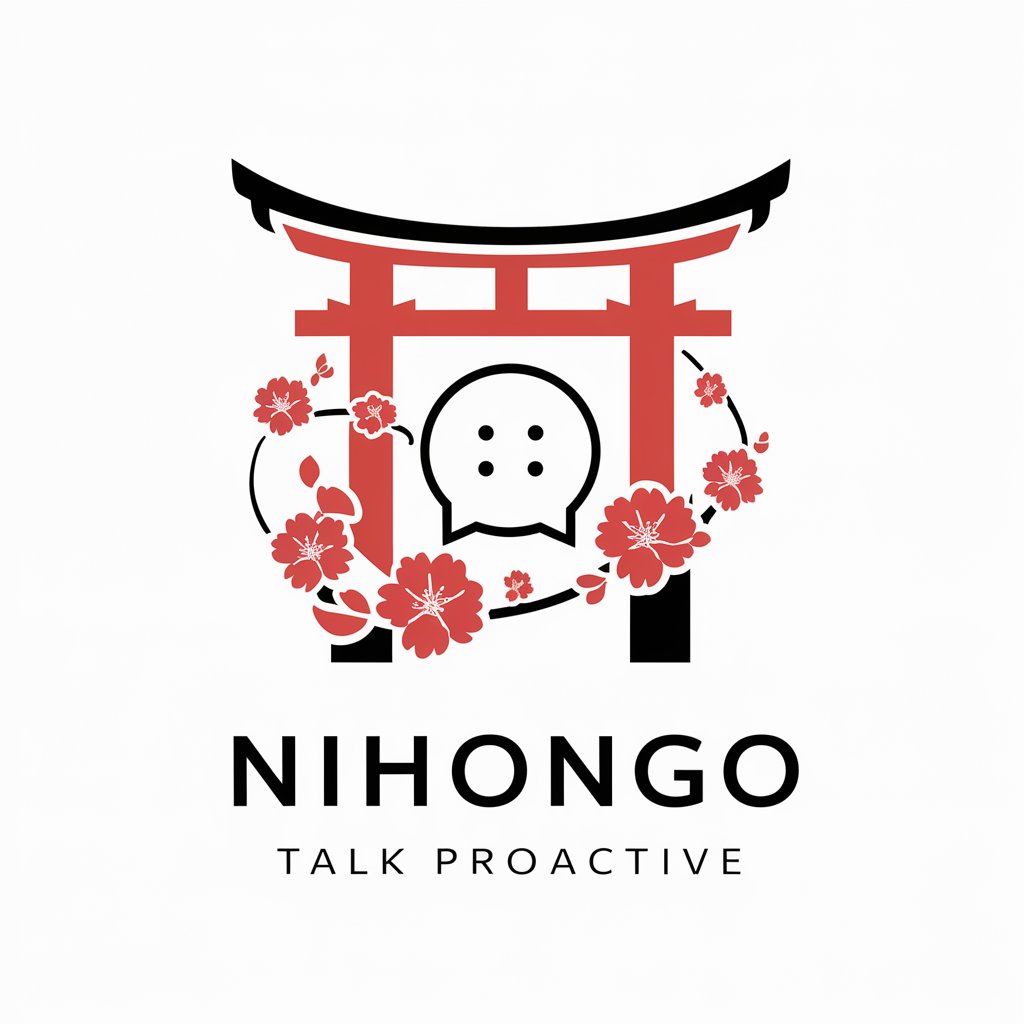
SpaceCloud IA
Harness AI for Cloud Intelligence

Christian Comfort Corner
AI-Powered Christian Guidance

하티 청소년과 AI
Empowering Youth with AI-Powered Health Insights

The Greatest Writer (O Maior Escritor)
Empowering Businesses with AI-Driven Content

Fractionally Confused
Demystifying fractions with AI-powered guidance.

Exe
Embark on AI-powered multiverse adventures.
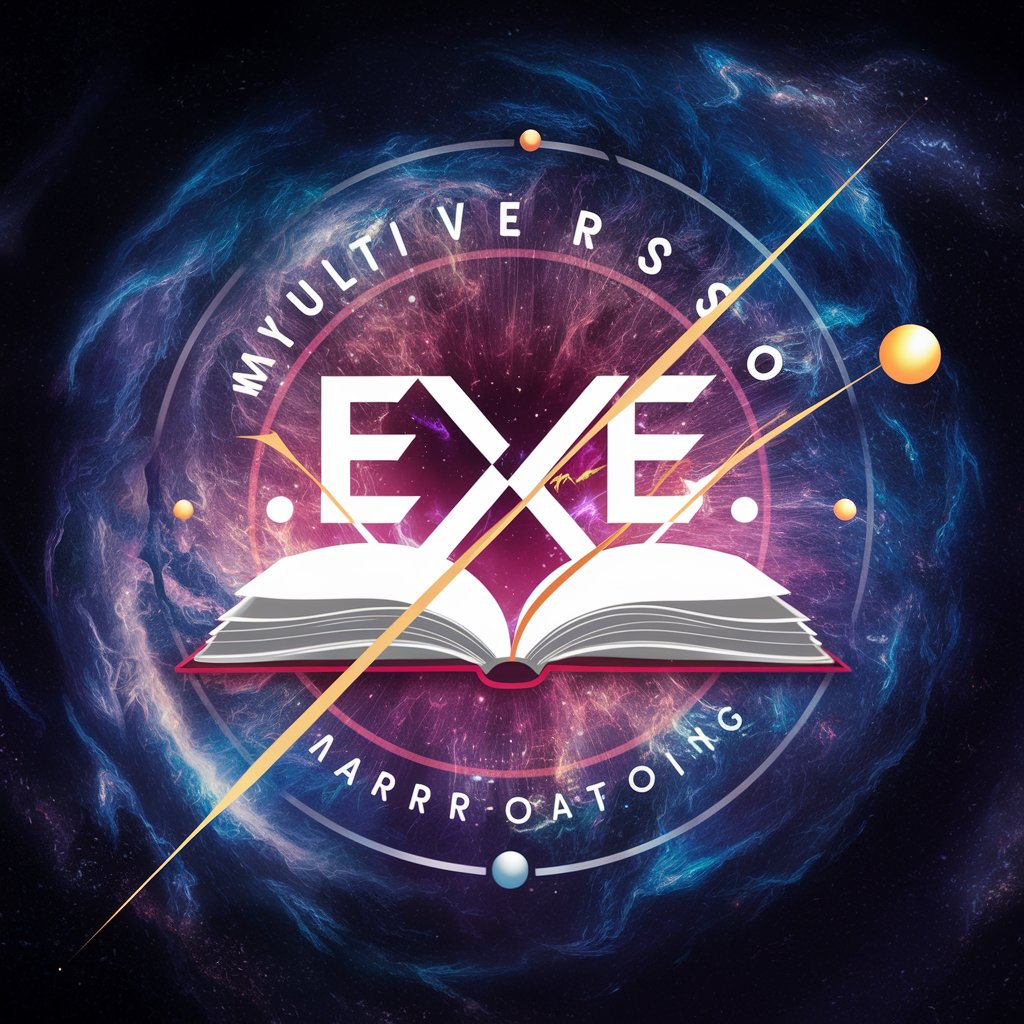
Mix Master GPT
Elevate Your Tracks with AI

Job Application Wizard
Craft winning applications with AI-powered precision.

Feyntech Optimization GPT
Optimizing Operations with AI Insight

Lao Tzu GPT Q&A
What is Lao Tzu GPT?
Lao Tzu GPT is an AI-powered tool designed to generate responses and insights based on the teachings of Lao Tzu, specifically from the Tao Teh Ching.
How can Lao Tzu GPT assist in personal growth?
It offers wisdom and philosophical insights that can guide users in self-reflection, decision-making, and understanding the principles of Taoism for personal development.
Can Lao Tzu GPT create poetry?
Yes, it can generate poetry inspired by the Tao Teh Ching, reflecting Lao Tzu's style and philosophical depth.
Is Lao Tzu GPT suitable for academic research?
While it provides valuable insights, users should cross-reference its outputs with academic sources for scholarly work due to its nature as an AI interpretation of Lao Tzu's teachings.
How can I get the most out of Lao Tzu GPT?
Be specific in your queries, remain open to philosophical exploration, and apply the insights to your life context for a deeper understanding of Taoism.

